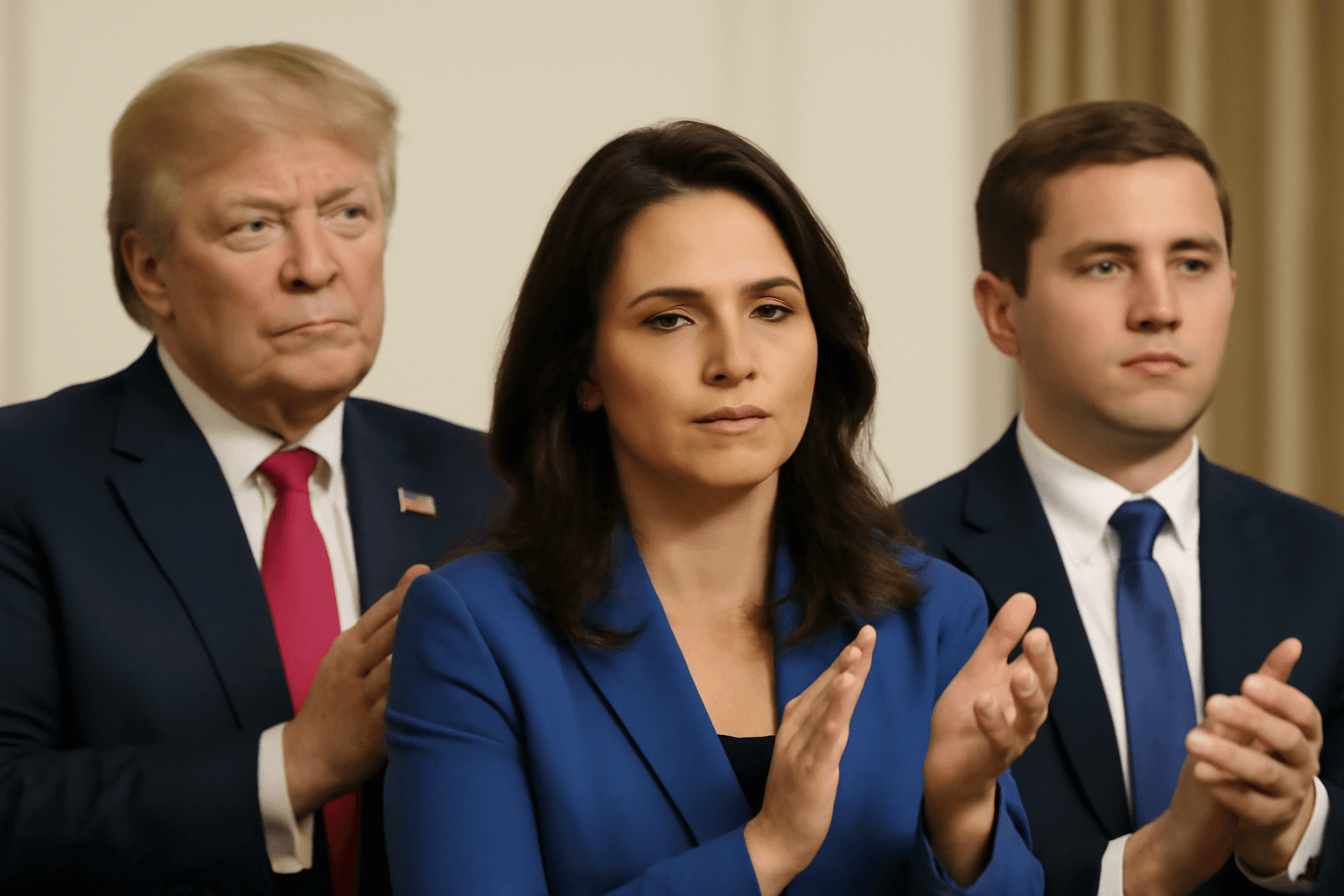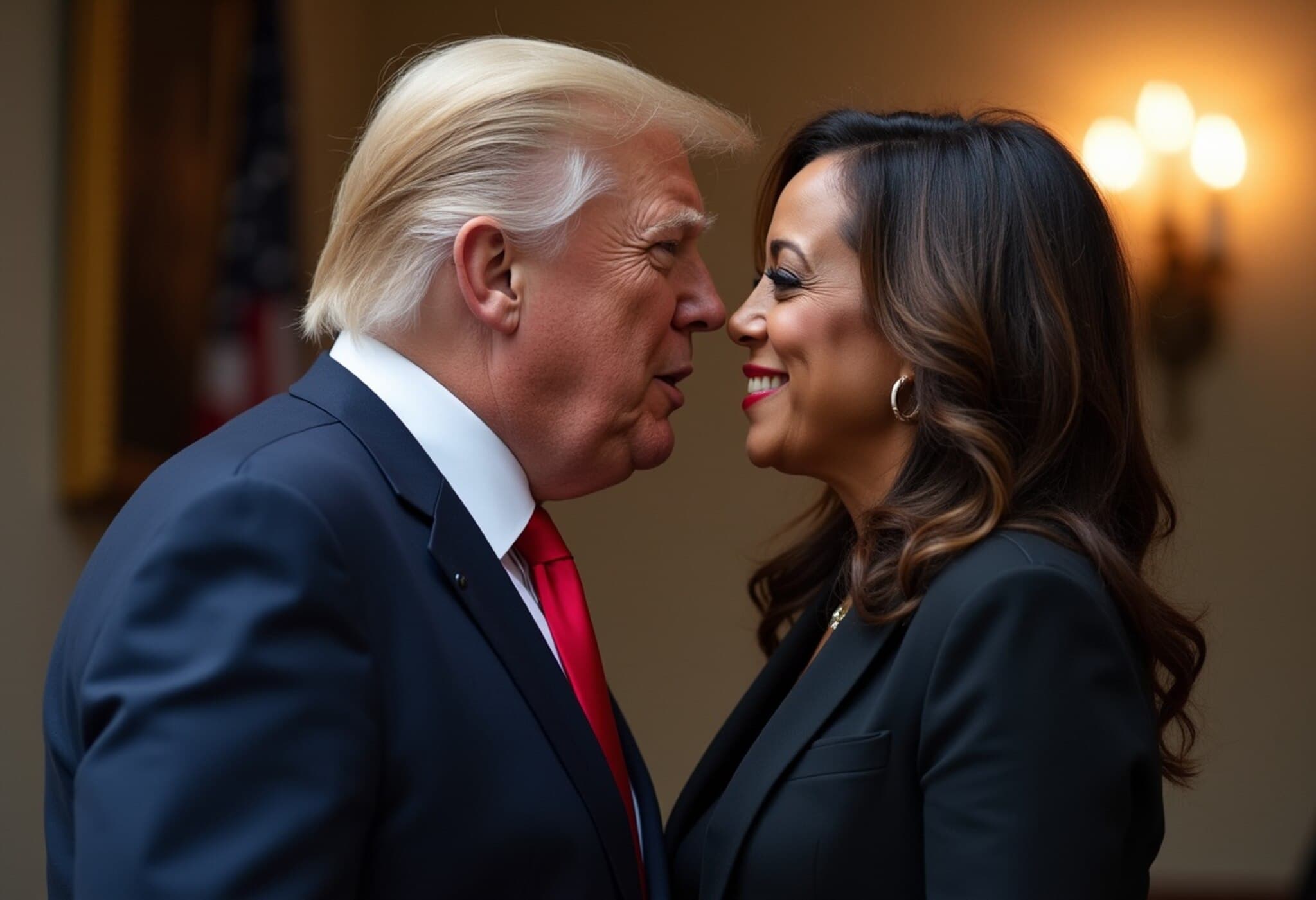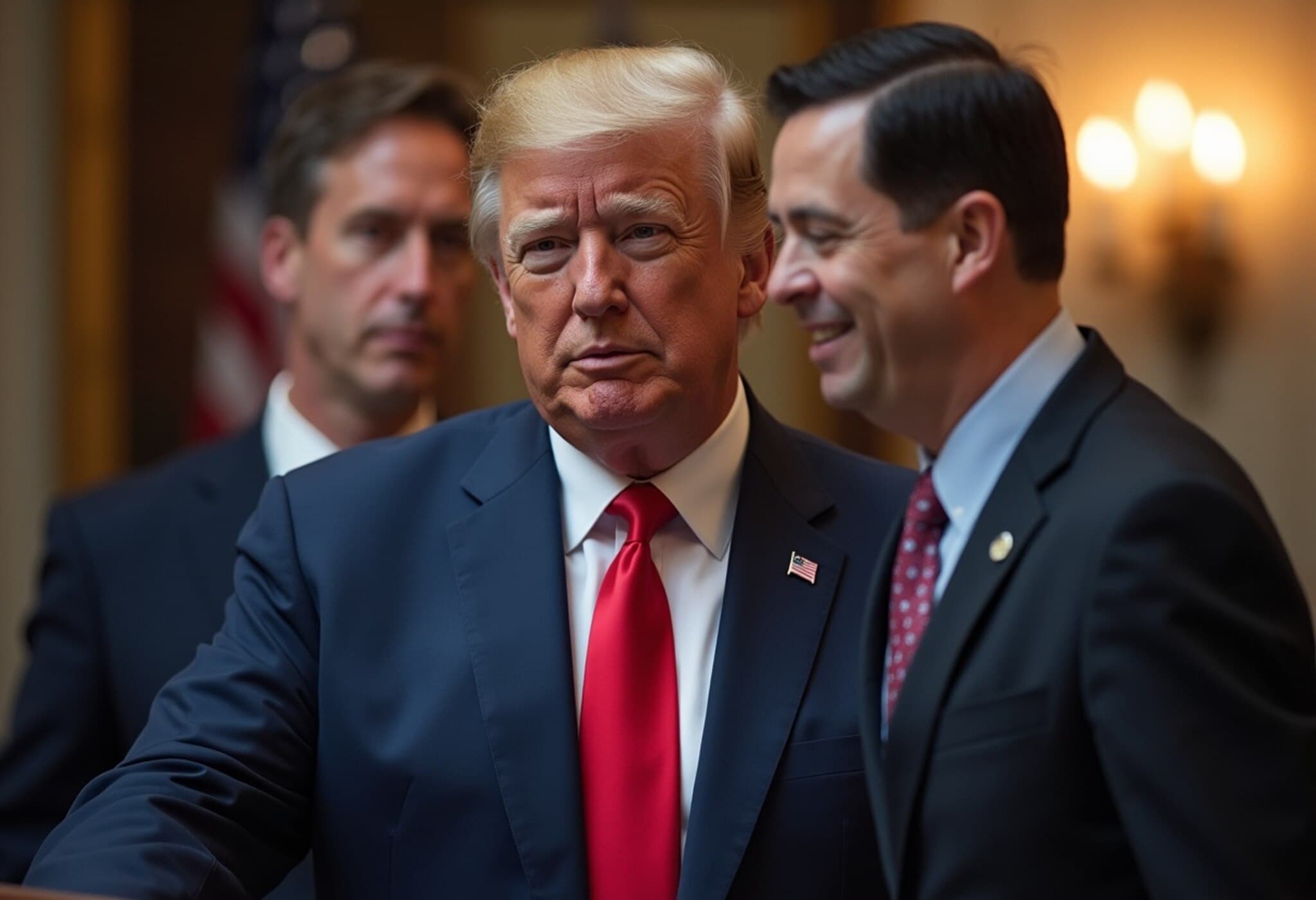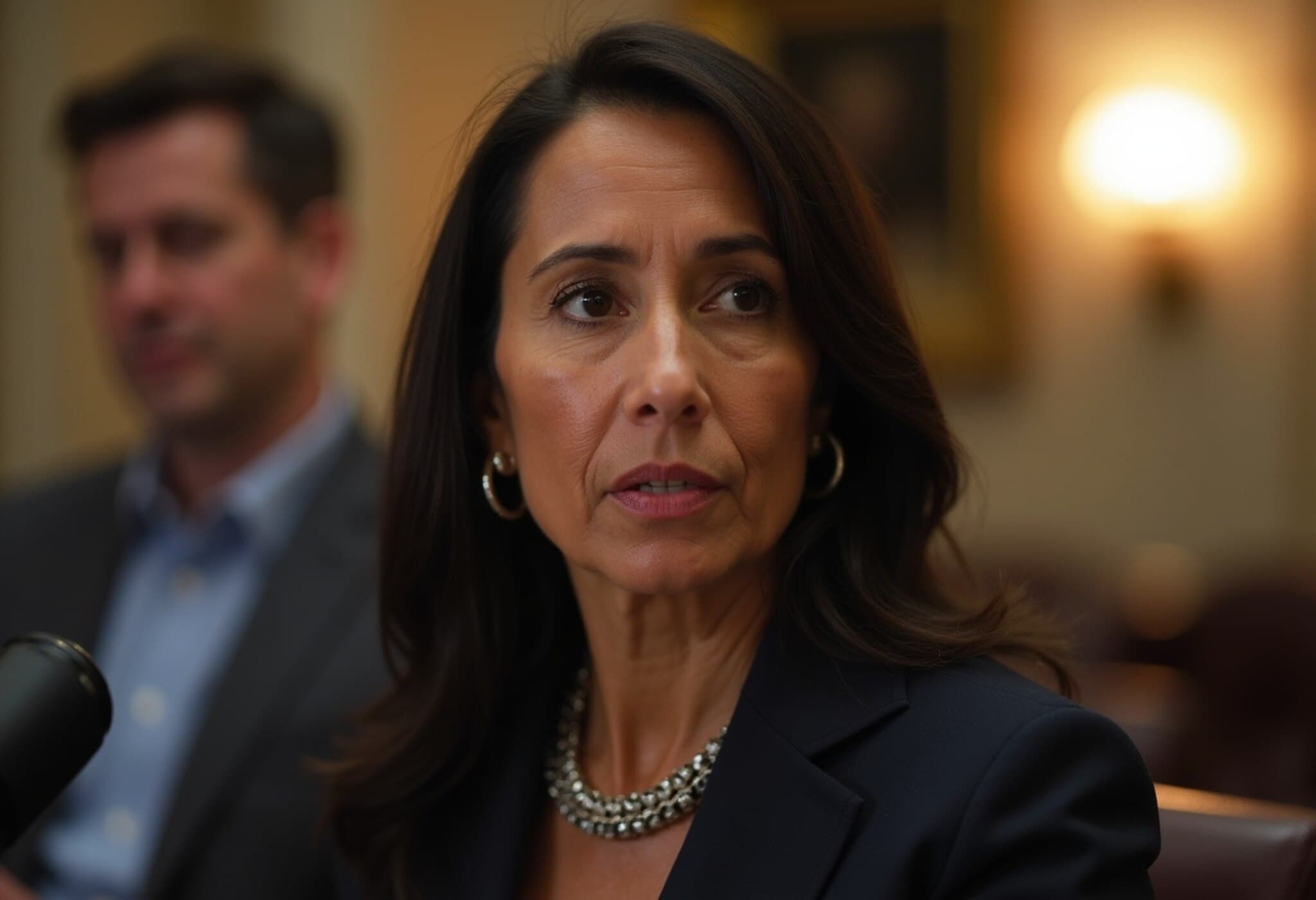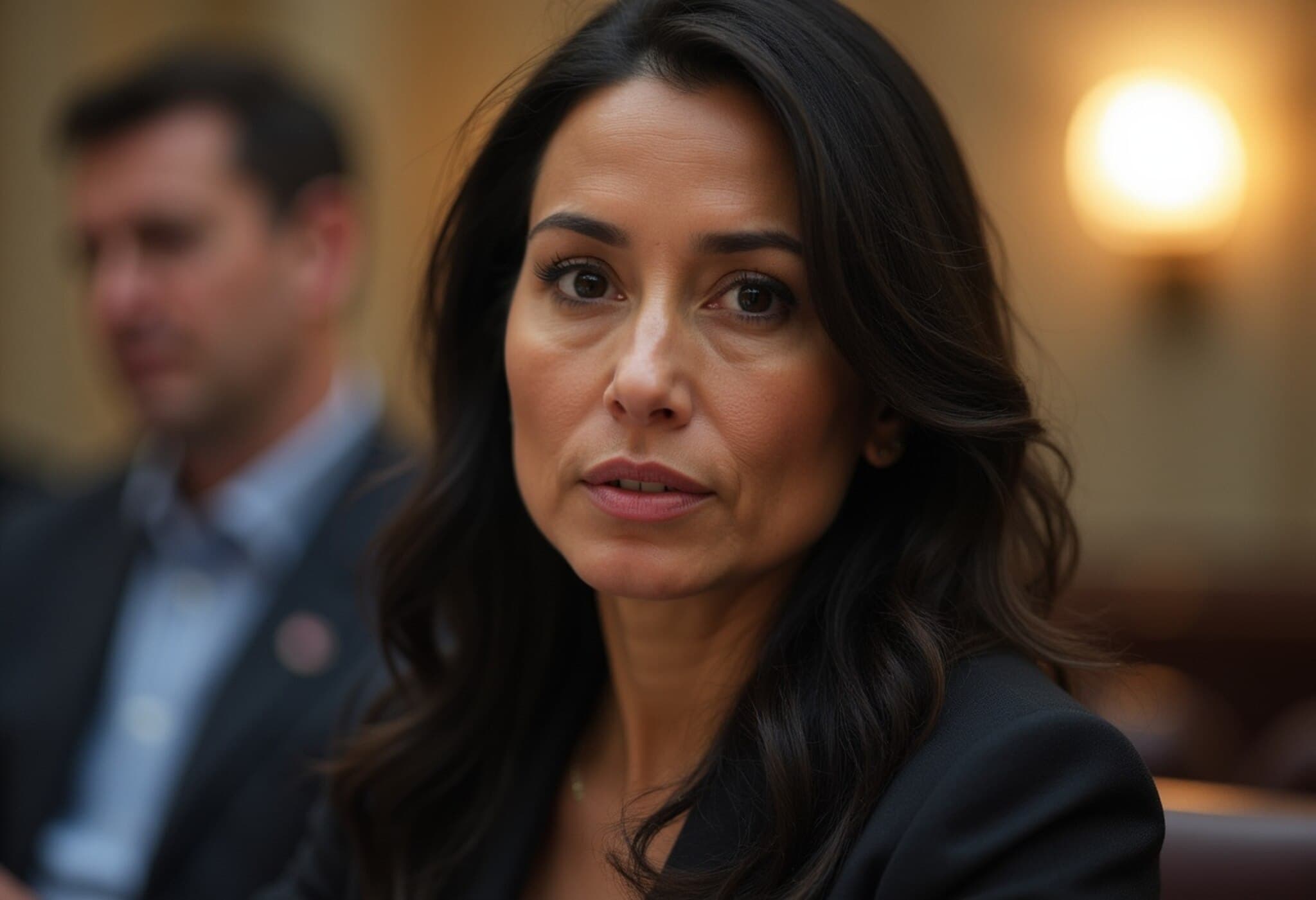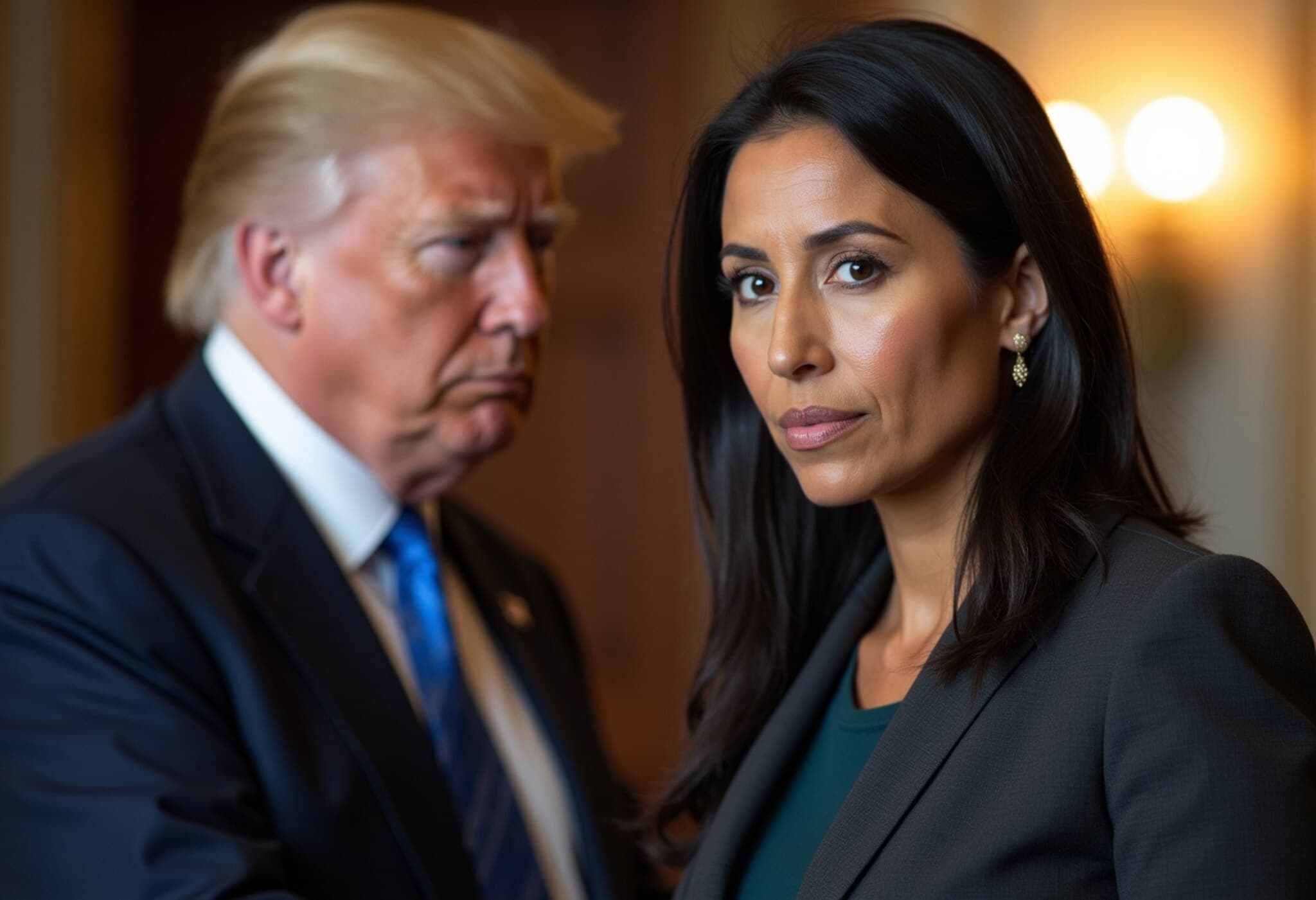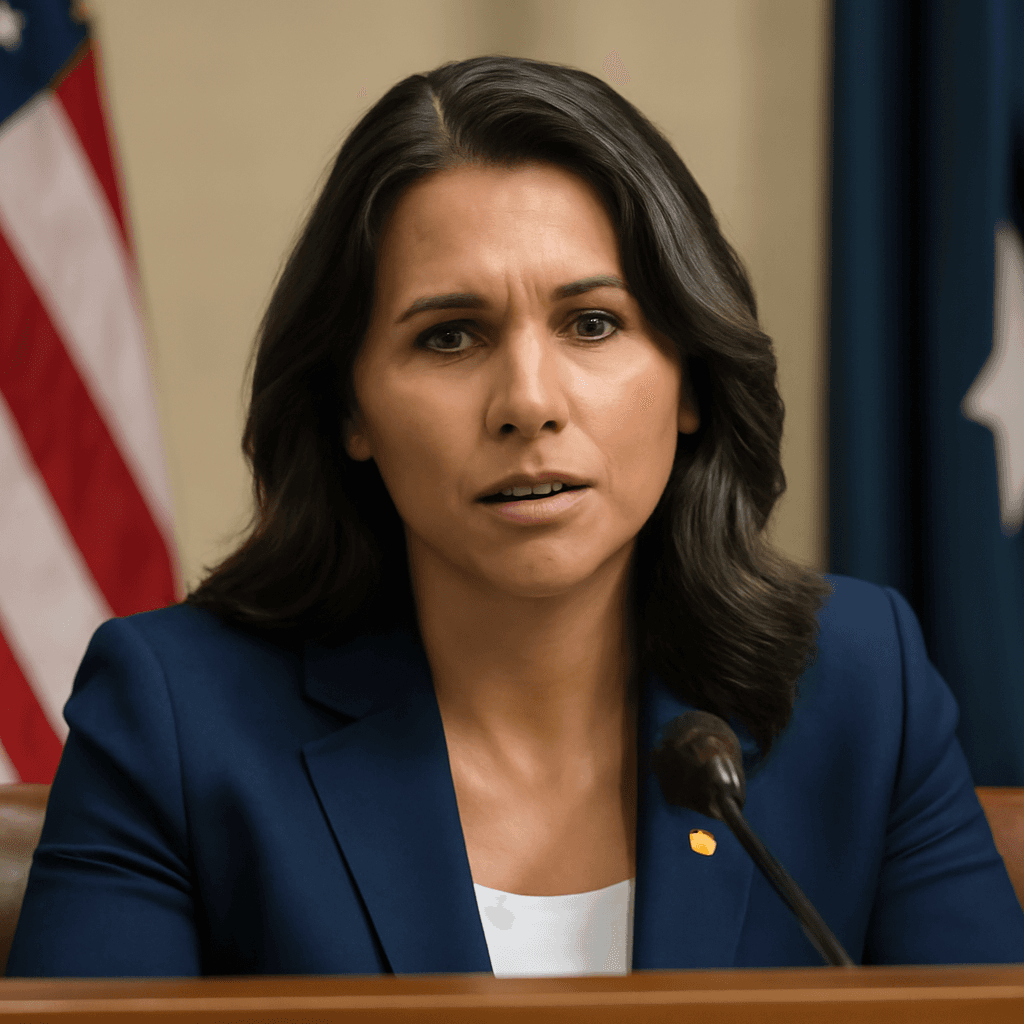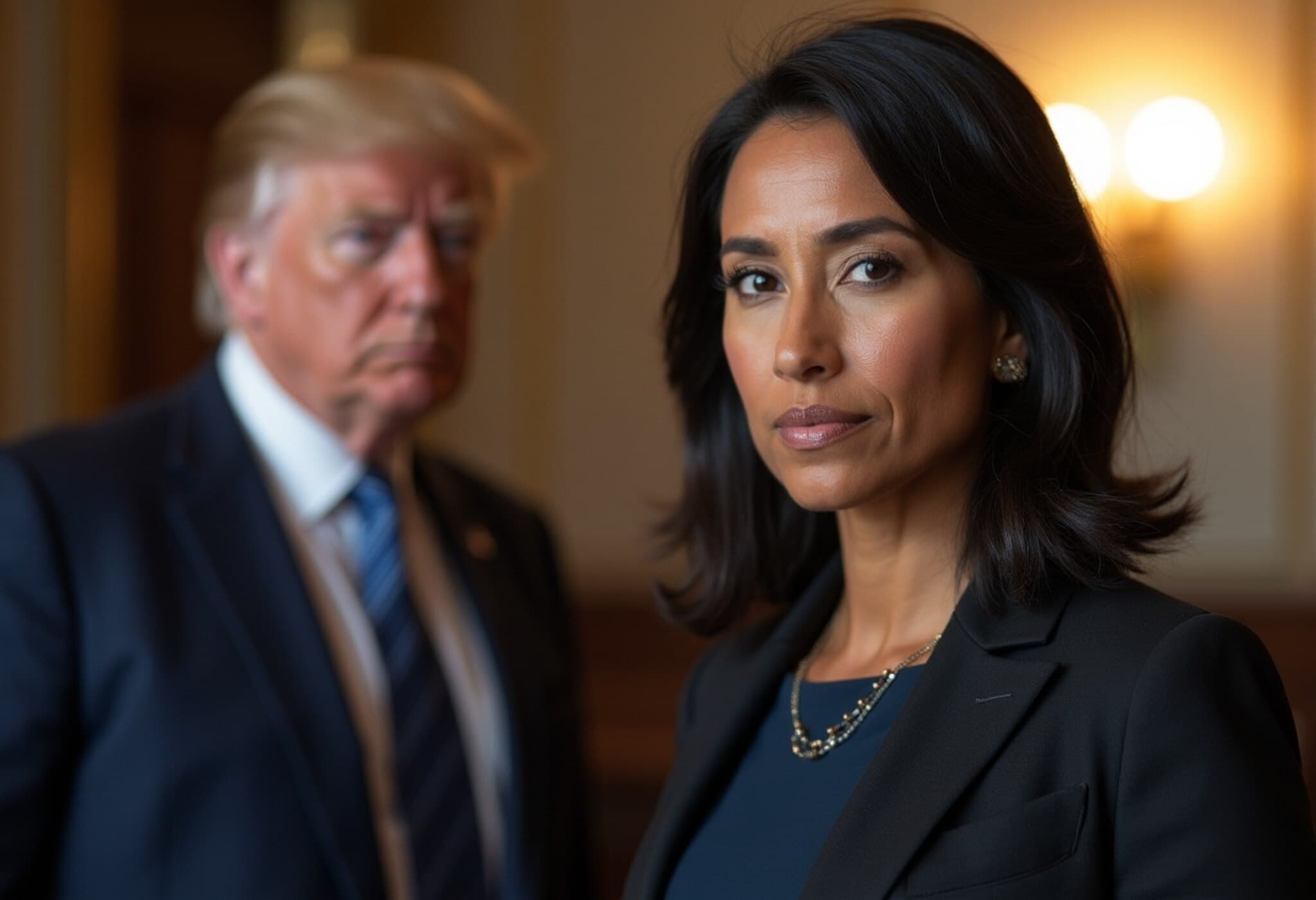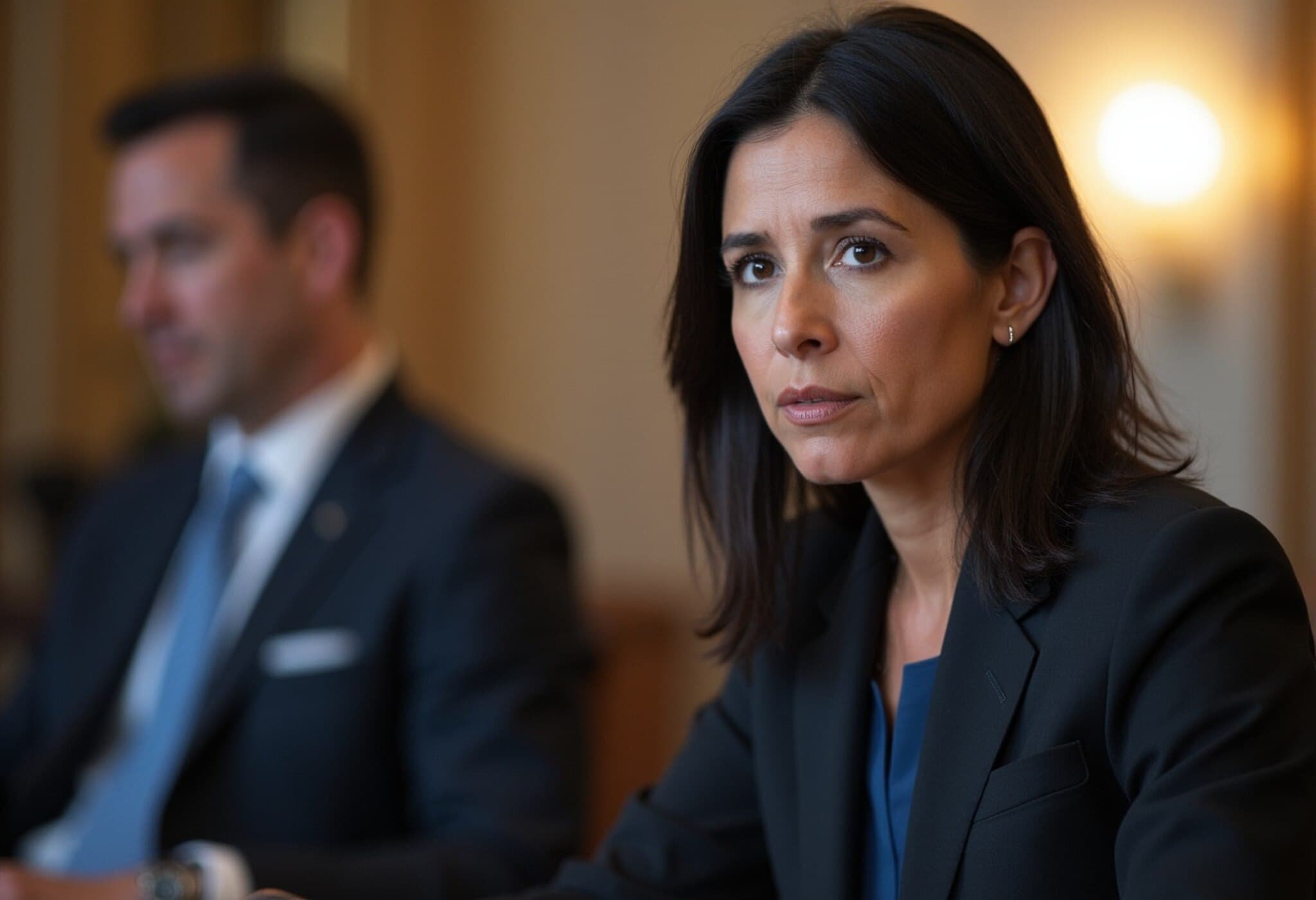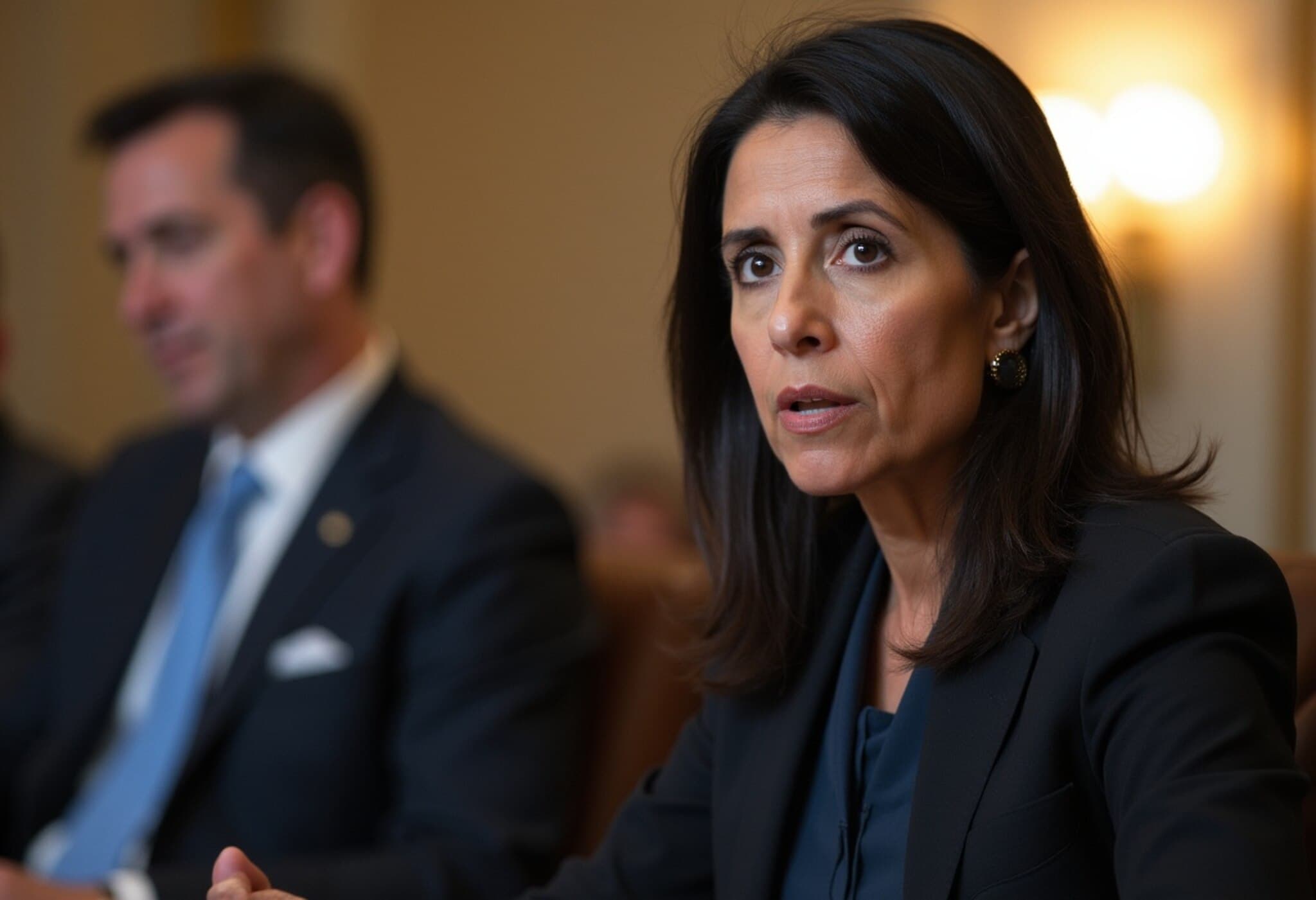Trump Commends Tulsi Gabbard and Harrison Fields over 2016 Election Allegations
In a recent surge of political controversy, former President Donald Trump has publicly lauded Tulsi Gabbard, former U.S. Director of National Intelligence, and Special Assistant Harrison Fields for unveiling what they describe as substantial evidence of election fraud during the 2016 U.S. presidential race. Trump hailed the efforts on his social media platform, Truth Social, calling the panel that discussed these allegations "fantastic" in their pursuit of accountability against the Obama administration.
Accusations of a “Treasonous Conspiracy” to Undermine Trump
Gabbard has gone on record accusing former President Barack Obama and several high-ranking officials from his administration of orchestrating what she termed a “treasonous conspiracy” to sabotage Trump’s 2016 victory. Citing newly declassified intelligence documents, she contends that Obama-era national security officials politically manipulated intelligence assessments concerning Russian interference to delegitimize Trump’s win.
On Twitter, Gabbard emphasized that prior to the election, the intelligence community agreed that Russia lacked both intent and capability to interfere meaningfully. However, she argues this narrative abruptly changed following Trump’s electoral win, hinting at a politically motivated shift designed to support a false narrative.
Key Figures Implicated in Politicizing Intelligence
In her statements, Gabbard named former Director of National Intelligence James Clapper, ex-CIA Director John Brennan, and former FBI Director James Comey as central figures involved in the purported conspiracy. Documents released by her office suggest intelligence assessments before and after the 2016 election did not confirm Russian attempts to affect the electoral outcome through cyber or hacking means.
The shift in narrative, she claims, began after a December 2016 White House meeting, when messaging increasingly relied on unverified sources — notably the Steele dossier — to frame the narrative that Russian interference had compromised the legitimacy of the election.
Expert Perspectives and Contextual Insights
This latest episode echoes long-standing debates within U.S. political and intelligence communities about the integrity of information surrounding the 2016 election. While various investigations, including those by special counsel Robert Mueller, concluded that Russia interfered in the election, they did not establish that the Trump campaign conspired with Russia.
The claims by Gabbard ask the public and legal authorities to reconsider the possibility of intelligence politicization at the highest levels of government. If proven, such politicization could represent a profound breach of democratic norms and trust, raising urgent questions about accountability and reform in intelligence agencies.
From a legal standpoint, calls for a full criminal investigation highlight challenges judicial systems face when addressing politically-charged allegations involving classified intelligence and former officials. The balance between national security secrecy and public accountability becomes particularly contentious in such circumstances.
Repercussions and the Road Ahead
- Political Polarization: These allegations deepen partisan divides, with supporters framing them as vindication and critics warning of potential misinformation.
- Impact on Intelligence Community Credibility: Trust in intelligence assessments could erode, complicating future bipartisan cooperation on national security.
- Legal Consequences: The demand for prosecution raises the stakes for legal scrutiny over past intelligence activities under previous administrations.
Public Reaction and Media Response
While mainstream outlets have varied in their coverage, this narrative continues to stimulate intense debate within political forums and social media, with fervent supporters calling for deep accountability and others cautioning against re-litigating settled historical events without compelling new evidence.
Editor's Note
This unfolding story taps into deeper issues about trust, power, and the integrity of democratic processes in the digital age. As the public digests these allegations, critical questions remain about the transparency of intelligence operations and the mechanisms by which political influence may seep into national security assessments. For policymakers and citizens alike, the core challenge will be balancing the necessity of robust, impartial intelligence with the imperative to safeguard democratic legitimacy.
Continued scrutiny, open dialogue, and independent inquiry will be essential to untangle these complex claims and reaffirm public confidence in America’s electoral and intelligence institutions.

